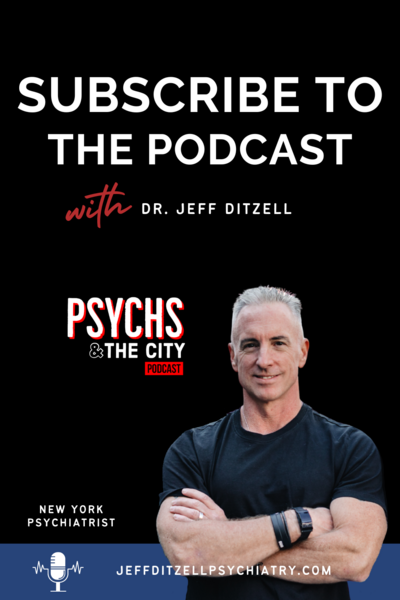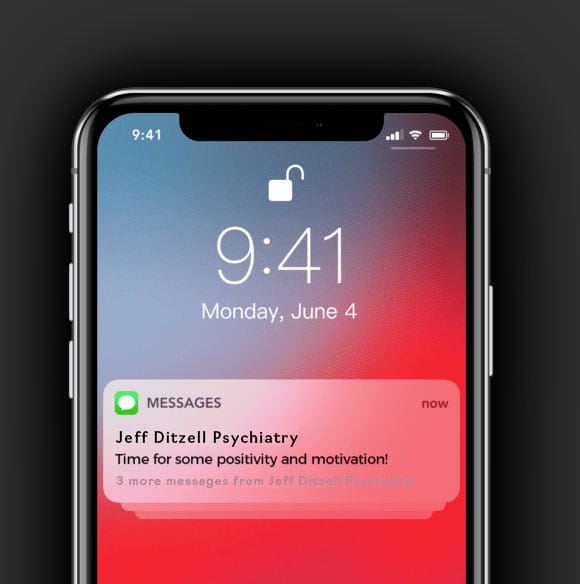
It’s finally springtime! The flowers are blooming, and the birds are chirping. The sun is setting later than 5 PM so maybe you can catch a glimpse of it on your way out of work. It is a time associated with beauty, optimism, and new beginnings ‘“ not to mention March Madness and Baseball!
Yet for those who struggle with depression, it can be hard to see the beauty in anything.
Depression comes in many forms and can mean something different to everyone. If you surveyed ten people and asked them to define depression, I am willing to bet that no two answers would look the same. The reality is, even in its mildest form, depression can still drastically impact our lives and our ability to find beauty and happiness in the world around us. In its most severe form, the concepts of beauty and happiness are so foregone that we’ve lost all meaning and purpose in life. Just the simple task of getting out of bed in the morning seems either pointless or insurmountable; or both. For anyone who has experienced it before, it is incredibly frightening. An experience made all the more frightening if you have somehow convinced yourself that the people around you either don’t care, wouldn’t understand, or may judge you as ‘œweak’ (more on this ridiculous concept shortly).
In my profession, I have listened to many clients tell me their definitions of depression. Sadly, my clients have all been children and adolescents. I specifically recall speaking with a girl who said to me that she felt as if she was all alone in the world, that no one cared about her, and she felt no reason to keep living. That girl was eight years old.
Depression doesn’t care how old you are, how rich or famous you might be, or even about the wonderful life you’ve managed to build for yourself through all your hard work. Perhaps you’ve worked your tail off to make a decent living. You look around and see a lovely house, a wonderful husband or wife, beautiful children. You may not be a millionaire, but you are fortunate enough to have the means to pay your bills and maybe even take a family vacation each year. Sounds pretty sweet, doesn’t it? I think many of us would sign up for that life in a heartbeat. There is no logical reason for this person to be unhappy, right? Unfortunately, depression doesn’t abide by the rules of logic. For those of us who have it, it still finds a way to creep into our beautiful little lives and impede our ability to experience the joy and beauty around us.
So the question of course now becomes, what can we do? The good news is, depression is treatable for those willing to seek out and accept help. There are ways to bring joy and beauty back into your life, which brings me to my first point.
If you are personally struggling with depression, the first and most important step is to reach out to someone, anyone. It is easier said than done when everything seems hopeless but do it anyway. Seek out a mental health professional. Talk to a family member. Talk to a friend you can trust. If you are in school, seek out a school counselor or psychologist (yes, we exist in many schools). Tell them how hopeless you feel and how you think this all maybe just a waste of time. It’s alright to feel that way at first, and it’s okay to tell people you feel that way. Maybe you are not ready to air out all of your deepest, darkest thoughts. That’s OK too. Just reaching out and letting someone know you are struggling is the first step toward recapturing the beauty and happiness missing from your life, which brings me to my next point.
In fact, I would argue based on my experience that those struggling with depression are some of the strongest, bravest people I have ever met. Imagine living every day with this dark, looming sadness within you. Every day is a struggle yet somehow you manage to get up every morning, put yourself together, and prepare yourself to face whatever challenges the day might bring. Would you consider this person weak? Didn’t think so. It is also not weak to admit you need help and seek it out. Allowing yourself to be vulnerable enough to share the details of your struggle with someone else is an incredibly difficult thing to do. There is nothing weak about it. It is brave, and you should be proud of yourself if you can find the courage to do it.
On to my next point’¦
Well, at least a little bit. Stick with me here. Those struggling with depression often spend so much time focused on anything other than themselves. Whether it is family or work, sometimes we become so hyper-focused on other things that we leave no time in our lives to do the things we once enjoyed. Perhaps you once loved to paint or play a sport, but you can’t seem to find the time in your life for those things anymore. You want to exercise and be healthier but you can’t seem to find the time to get to the gym. Spend a few bucks and buy yourself an easel and a paint set (you work hard, don’t you?). Join a local community sports league (springtime softball, anyone?). Sometimes we all need to be a little selfish and restructure our priorities to find the time to do the things that make us happy. It may mean the boss is just going to have to wait a bit longer before you respond to that email he had the nerve to send at 8 o’clock at night. It may mean having a heart-to-heart with your spouse about needing a little ‘œme time.’ If you’re looking for tips on how to have that heart to heart, sorry but that’s a blog for another time! The point is, sometimes we need to put in a little work to bring that happiness back into our lives. It may seem ironic, but sometimes a little bit of selfishness can help us become the best version of ourselves.
Finally, on to my last point’¦
The flowers are blooming, and the birds are chirping. The sun is setting later, so maybe you can catch a glimpse of it on your way out of work. The beauty is there ‘“ it just takes some of us a heck of a lot more work to find it.
Alex Rothenberg, Ed.S.
Certified School Psychologist

Dr. Jeff Ditzell, D.O. is the lead psychiatrist at Dr. Ditzell Psychiatry with over 25 years experience treating people for Anxiety, Depression, OCD, PTSD, Adult ADHD, Bipolar Disorder, using ketamine treatments, psychotherapy, and so much more.
 Hello,
I'm Dr. D!
Hello,
I'm Dr. D!
At my psychiatry practice in New York Cty, we're focused on giving you a 360 approach to mental health. It's time we end the stigma on mental health.

Each week we'll explore all things Mental Health, Mindset, Fitness, and Psychiatry!
tell me moreYou know what they say “self-care” is the best care. Why not kick off your morning the right way by signing up to receive our positive text messages reminding you to be mindful and encouraging you to conquer the day!
